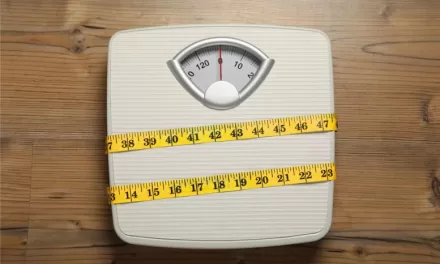A new study has revealed that one in five young people in Spain spends more than two hours a day on TikTok, a social media platform known for its addictive nature and passive content consumption. This usage exceeds recommended limits for social media engagement, raising concerns about its potential effects on mental health. The study, conducted by the Universitat Oberta de Catalunya (UOC) and Pompeu Fabra University (UPF), suggests that prolonged use of TikTok may increase the likelihood of mental health issues such as anxiety, depression, and body image concerns.
The findings, published in Humanities and Social Sciences Communications, show that 20.22% of Spanish teens spend over two hours daily on TikTok, with girls (24.37%) surpassing boys (15.45%) in this regard. Experts have long linked excessive social media use with negative self-perception, low self-esteem, and heightened psychological distress, especially among young users.
While many adolescents report spending large amounts of time on TikTok, their self-perception of digital well-being remains relatively positive. Surveyed teens, aged 12 to 18, expressed an ability to set limits on their social media use, with an average rating of 3.22 out of 5. However, the study highlights that the more time they spend on the app, the less able they are to regulate their usage.
Mònika Jiménez, one of the study’s authors, noted, “The more time young people spend on TikTok, the less they are able to set limits on the time they spend using the app.” Those who spent over two hours daily rated their ability to limit usage at just 2.93 out of 5, in stark contrast to those who spent 10 minutes to half an hour, who rated their ability at 3.53.
The study also examined gender differences in content consumption. Girls are more likely to watch fashion, beauty, and dance videos, while boys tend to engage with video games, professional sports, and influencer-related content. This reflects ongoing gender stereotypes in digital consumption patterns, with girls gravitating toward traditionally “feminine” topics, and boys favoring “masculine” interests like gaming and sports.
The researchers suggest that improving digital well-being among young people requires more than just parental control or digital detoxes. Mireia Montaña, lead author of the study, emphasized the importance of educational programs that promote healthy digital habits, particularly through a gender-sensitive approach. These programs, along with better support for families, can help adolescents navigate the digital landscape in a balanced and healthy way.
The study also calls for regular audits of the algorithms used by platforms like TikTok to ensure they do not promote excessive usage or contribute to the potential addictive nature of these apps.
With TikTok’s growing influence among young people worldwide, the study urges a nuanced approach to managing social media engagement, encouraging moderation and alignment with individual needs and interests.
For further information, refer to Can’t stop scrolling! Adolescents’ patterns of TikTok use and digital well-being self-perception, published in Humanities and Social Sciences Communications. DOI: 10.1057/s41599-024-03984-5.











